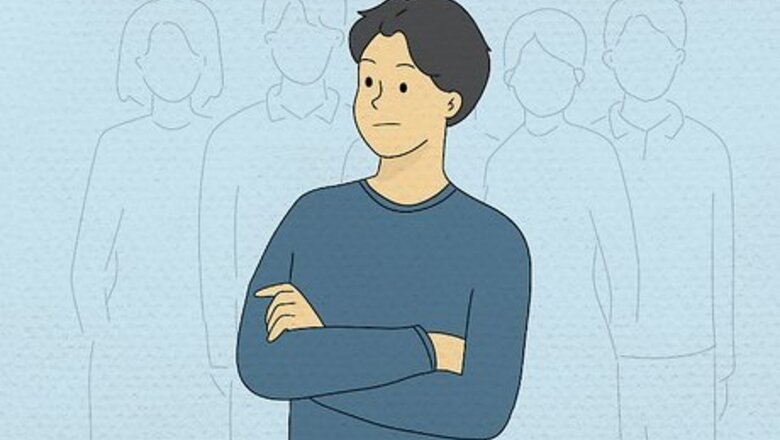
views
- The black sheep of the family is someone who is excluded or misunderstood by their entire family, usually because they act or think differently than their relatives.
- Common signs of the black sheep of the family include: feeling like you don’t belong, being treated differently than your siblings, and being excluded at events.
- If you’re the black sheep of your family, set boundaries on how much time you’re willing to spend with your family and which members you’re okay with being around.
What does being the black sheep of the family mean?
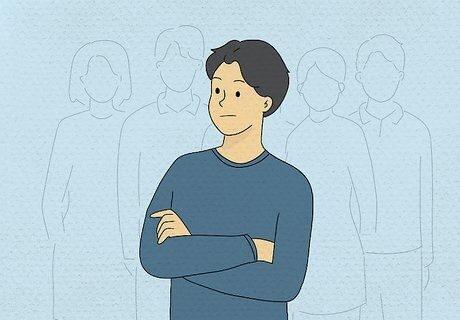
Black sheep are people who are marginalized by their family. They are excluded because they hold different beliefs compared to their relatives or act outside of the social norm. Because black sheep are treated differently than the rest of their family members, they often feel sad, lonely, or unworthy. In some cases, the family might even use the black sheep as a scapegoat for all of their problems. Historically, the term refers to the recessive gene for black wool in sheep. Since black sheep stood out from the flock of white sheep (and their wool couldn’t be dyed), it made them less desirable to farmers.
Signs That You’re the Black Sheep of Your Family
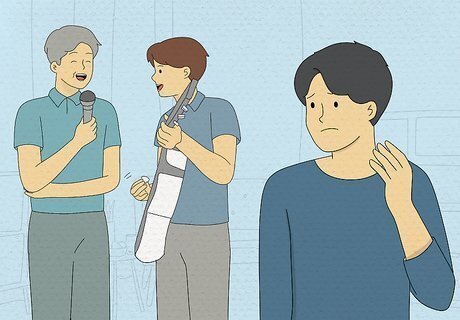
You don’t feel like you belong. Do you feel like the lone wolf, maverick, or outsider? The most common sign of being the black sheep of the family is feeling like you don’t fit in with everyone else. Maybe you have different interests, ideas, or beliefs. Or, perhaps you look physically different compared to your parents or siblings. Regardless of the reason, you have always felt like the “odd one out.” Many black sheep move out of their childhood home or state, and they never return.
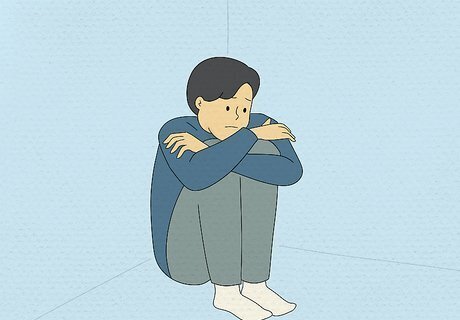
Your parents treat you differently than your siblings. Sometimes, the child who has the least in common with their parents will be chosen as the black sheep of the family. The parents might not know how to accept and cope with their child’s differences, so they use that as a reason to outcast them. Unfortunately, this behavior can spread to siblings and other family members who learn by example. The black sheep is often punished more harshly for the same wrongdoing as their siblings.
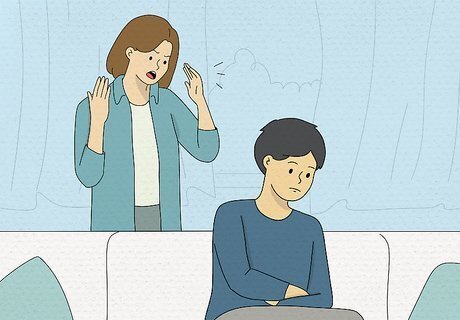
Your family projects their problems onto you. If your family members point to you when things go wrong, you’re most likely the black sheep of your family. Since you’re already an “outsider,” they don’t feel bad for projecting their negative energy onto you, and blaming you allows them to avoid accountability for their actions. For instance, if the parents of the black sheep are divorced, one parent might blame the black sheep for the divorce itself.
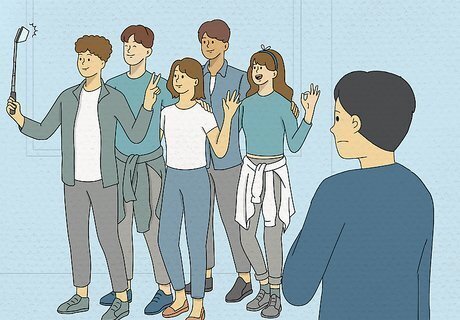
You feel excluded at family functions. Are you frequently left out of family photos? Or, are you always the last one in the loop to hear family news? If so, it could be a sign that you’re the black sheep of the family. You may dread holidays and reunions because you’re often blocked from conversations, or because other family members bring up humiliating stories from the past. Many black sheep tend to avoid family gatherings because it causes them stress and anxiety.
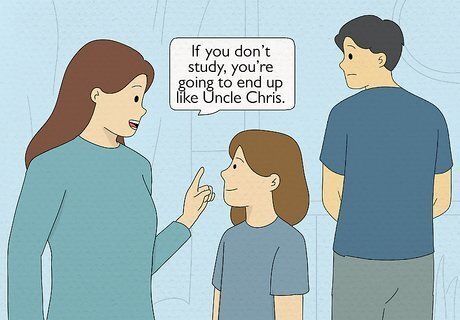
Your family talks negatively about you. Another common sign of a black sheep is being the center of family gossip. Your family members might criticize your attitude, appearance, career, beliefs, or anything else that they can think of. They may insult you directly or behind your back, but you can always count on them to ruin your day. Other relatives may even use you as an example for their kids on what not to be. For example, they might tell their child, “If you don’t study, you’re going to end up like Uncle Chris.”
How to Cope with Being the Black Sheep of the Family
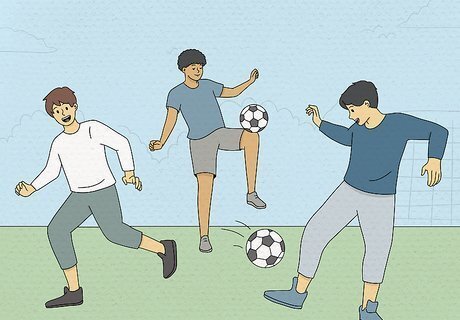
Create your own family. Even if your biological family can’t be there for you, foster connections with people who love and accept you for who you are. You can always find your own flock by joining clubs, taking classes, attending local events, or hitting the gym. Form lasting friendships by openly expressing your emotions and actively listening to those around you. Even if your family neglected you growing up, it doesn’t mean that other people don’t care about you—be honest about your emotions, feelings, and thoughts to develop a genuine bond.
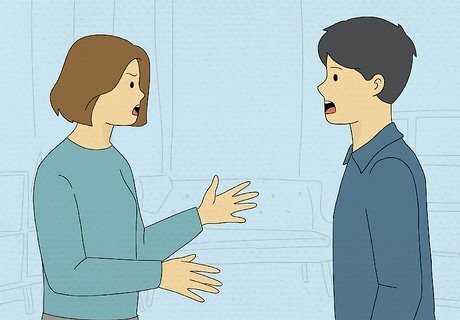
Speak up when your relatives disrespect you. Letting your family members speak poorly about you can harm your self-esteem in the long run. If someone tries to pick you apart, call out their behavior in a calm manner to stand up for yourself. Clearly state that their words are hurtful, and let them know that you will not sit back and take it anymore. When you speak, display assertive body language to appear confident: stand up straight, maintain eye contact, and avoid fidgeting. If you struggle to stand up for yourself, rehearse what you’re going to say beforehand. Close your eyes and run the potential interaction in your head, or role play with a trusted friend or therapist.
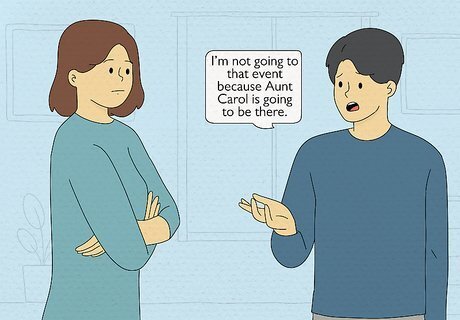
Set boundaries with your family members. Decide how much time you’re willing to spend around your family, what behaviors you will not tolerate, and which members you absolutely do not want to be around. Creating boundaries with your family can help you reclaim your voice and protect you from toxic people and situations. If you know your rude cousins are going to a party, you don’t have to attend. Or, if your parents try to guilt trip you into showing up to a family reunion, you can simply decline. If your parents try to persuade you into doing something, clearly state your limits. You could say, “I’m not going to that event because Aunt Carol is going to be there, and I do not want to be around her.” Remember, you don’t need to provide an explanation or apology for your boundaries, especially when it involves people who mistreat you or make you feel excluded.
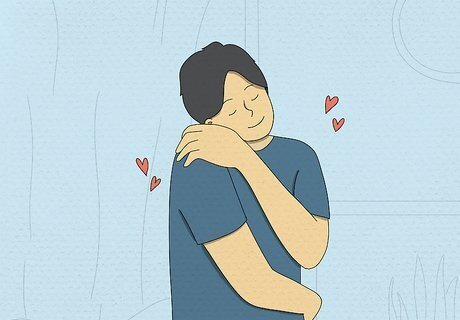
Embrace who you are. While it might be tempting to change your personality to fit in with the rest of your family, they could continue to treat you like a black sheep. Instead, get to know yourself better and be proud of who you are. Pursue the hobbies and interests that you find exciting, wear clothes that make you feel good, and don’t be afraid to be a little “weird” or different. Self-acceptance is a continuous process, especially if you’ve felt excluded for most of your life, but you can work on becoming more self-aware to understand who you are (and who you want to become).
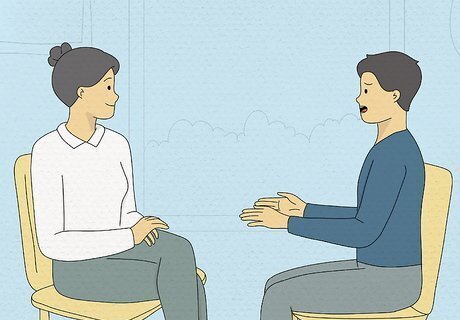
Seek therapy to cope with trauma. If you grew up ignored or dismissed, it may lead to more serious signs of trauma as an adult: some black sheep experience loneliness, have difficulty connecting to others, or develop an unhealthy level of independence. It's normal to feel sad, guilty, or shameful being the black sheep, but therapy is the first step in the healing process. A professional can help you overcome any struggles and deal with the emotional pain of exclusion. You can find a therapist in your local area, or look for one online through sites like BetterHelp or GoodTherapy.




















Comments
0 comment